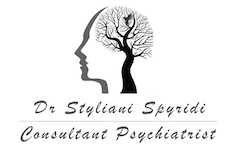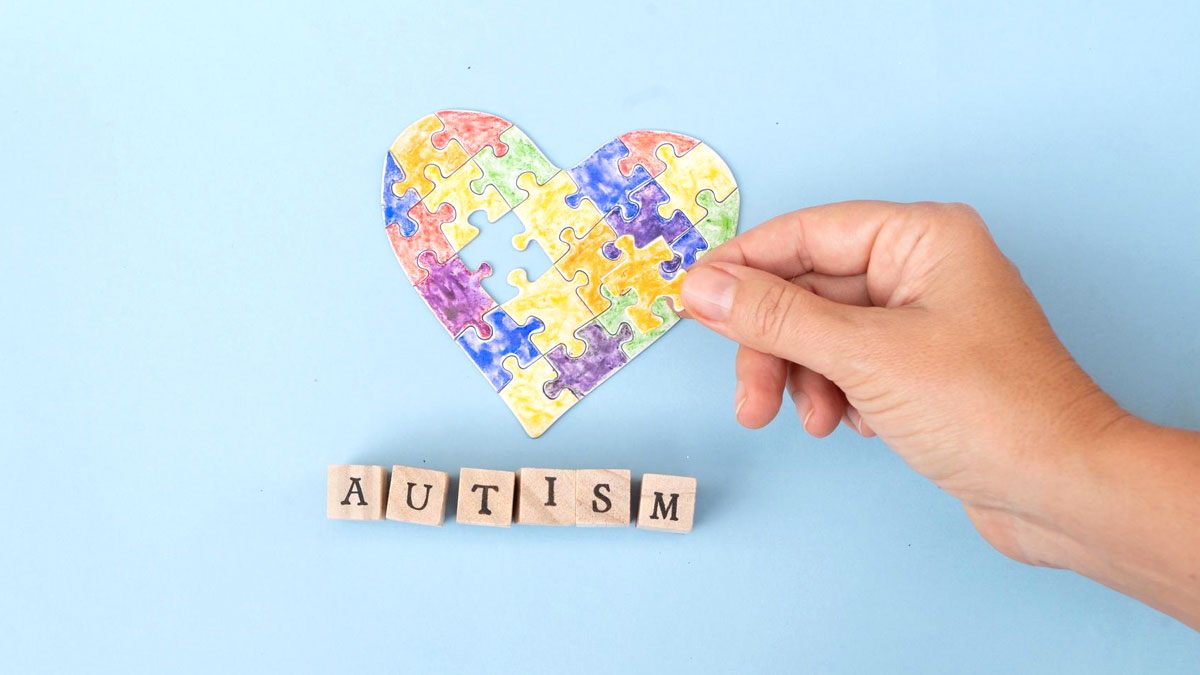As we observe Autism Awareness Month, it’s important to highlight a crucial aspect that often…

A Thorough and Evidence-Based Approach to Diagnosing ASD in Adults: What You Need to Know
At our psychiatry clinic in Limassol, Cyprus, we believe in the importance of providing a comprehensive, evidence-based approach to diagnosing Autism Spectrum Disorder (ASD) in adults. The process of diagnosing ASD in adults is multifaceted and requires the expertise of a trained adult psychiatrist. In this article, we will walk you through the standard procedures and guidelines followed by mental health professionals, both locally and internationally, to ensure a thorough and accurate diagnosis of ASD.
The Role of an Adult Psychiatrist in Diagnosing ASD in Adults
An adult psychiatrist is a medical professional specializing in diagnosing and treating mental health conditions, including neurodevelopmental disorders such as Autism Spectrum Disorder (ASD). In the case of adult patients, diagnosing ASD can sometimes be more challenging, as symptoms may be subtle or misdiagnosed earlier in life. The adult psychiatrist’s role is pivotal in ensuring that a comprehensive evaluation is conducted to distinguish ASD from other conditions that may present similar symptoms, such as ADHD, anxiety disorders, and depression.
Here’s a breakdown of what a thorough, evidence-based ASD evaluation involves:
1. Detailed Medical and Developmental History
The first step in the evaluation process is gathering a detailed medical and developmental history. Understanding an individual’s developmental milestones, early childhood behavior, social interactions, and academic performance is crucial. Many adults with ASD may have gone undiagnosed in childhood, and so uncovering early signs such as delayed speech, difficulty with socializing, or restricted interests becomes a key part of the assessment.
The psychiatrist will usually conduct in-depth interviews, not only with the patient but, when possible, with family members or others who have observed the individual’s development over the years. This history provides the psychiatrist with essential context, especially in adults who may not have been diagnosed during childhood but have long struggled with social, emotional, or professional challenges.
2. Clinical Interviews and Observations
Clinical interviews are essential tools in assessing an individual’s behavior, social communication, and emotional functioning. The adult psychiatrist will conduct a series of structured or semi-structured interviews to explore the individual’s social interactions, repetitive behaviors, sensory sensitivities, and coping strategies.
In addition to personal interviews, psychiatrists use standardized diagnostic tools like the Autism Diagnostic Observation Schedule (ADOS-2) . This instrument is structured to observe specific behaviors associated with ASD. For example, it helps evaluate how the individual engages in social settings, communicates, and responds to different activities.
The information gathered from these interviews and tools helps build a picture of whether the individual’s behavior aligns with the core features of ASD, including persistent deficits in social communication and the presence of restrictive, repetitive behaviors.
3. Assessing Co-occurring Conditions
ASD is often accompanied by co-occurring conditions such as ADHD, anxiety, depression, and sensory processing disorders. An adult psychiatrist plays a crucial role in identifying and distinguishing these conditions. For instance, both ADHD and ASD can present with difficulties in attention, impulsivity, and executive functioning. However, the treatment plans for these conditions differ significantly, so accurate diagnosis is critical.
Psychiatrists will utilize structured assessment tools and diagnostic criteria to identify the presence of comorbid disorders and assess how these conditions might be contributing to the individual’s symptoms. The psychiatrist also plays an important role in ruling out other mental health conditions that could be mistaken for ASD, ensuring that the diagnosis is accurate and that the individual receives the most appropriate care.
4. Evaluating Sensory Sensitivities and Repetitive Behaviors
Individuals with ASD often experience sensory sensitivities, which can include heightened reactions to lights, sounds, textures, or smells. They may also engage in repetitive behaviors, such as repetitive movements, rigid routines, or an intense focus on specific topics.
The psychiatrist will assess how these sensory and behavioral traits manifest in everyday life and their impact on the individual’s ability to function. Understanding these aspects of the person’s experience is vital for crafting an appropriate treatment plan and providing support strategies that address these specific challenges.
5. Comprehensive Functional Assessment
A thorough ASD evaluation also includes a comprehensive functional assessment to understand how ASD affects the individual’s daily life. This involves assessing the person’s functioning in several key areas:
- Social interactions: The psychiatrist will explore the person’s ability to engage in meaningful social relationships and navigate social cues. Social anxiety or difficulty understanding social norms can often complicate social interactions for individuals with ASD.
- Workplace challenges: Many adults with ASD struggle with tasks such as multitasking, executive function, and interpreting social dynamics at work. The psychiatrist will look into how these challenges impact the person’s professional life.
- Daily living: A practical assessment of how well the individual manages daily activities—such as shopping, cooking, or maintaining routines—is important in understanding how the condition affects overall functioning.
This holistic evaluation provides critical insight into the specific ways in which ASD influences the individual’s ability to live independently and engage meaningfully with the world.
6. The Final Diagnosis and Collaborative Treatment Plan
Once all necessary information is gathered, the adult psychiatrist will provide a formal diagnosis. If ASD is confirmed, the psychiatrist will work with the individual to develop a personalized treatment plan. This plan may involve therapy (e.g., cognitive behavioral therapy, social skills training), social support services, and medications to help manage co-occurring conditions such as anxiety or depression.
In some cases, the psychiatrist may also collaborate with other healthcare professionals, including speech-language therapists, occupational therapists, and psychologists, to offer comprehensive support for the person’s specific needs.
Conclusion
Diagnosing Autism Spectrum Disorder in adults is a complex but necessary process. At our clinic in Limassol, we provide evidence-based, thorough evaluations to ensure that individuals receive the appropriate diagnosis and care. Whether you’re seeking answers for yourself or a loved one, we are here to help you navigate this process with compassion and expertise.
#ASDAdults #AutismDiagnosis #Neurodivergent #Neurodiversity #LimassolPsychiatry #HighFunctioningAutism #AspergersSyndrome #ADHDandASD #AdultAutism #AutismAwareness #NeurodiverseCyprus #AutismSupport #MentalHealthCyprus #CyprusPsychiatry #AutismSpectrumDisorder #AutismInAdults #PsychiatristLimassol #ADHD #SensoryProcessingDisorder #SocialSkills #AutismCommunity #InclusiveCyprus #NeurodiversityInCyprus #AutismAcceptance #LimassolPsychiatrist

